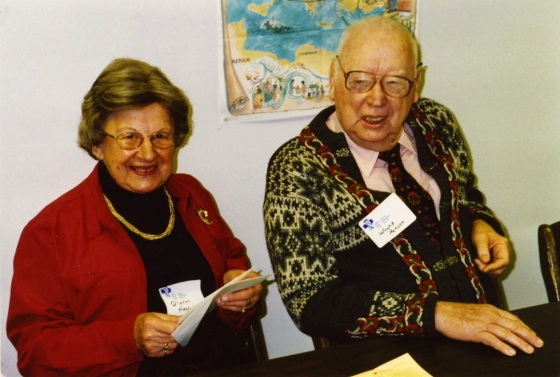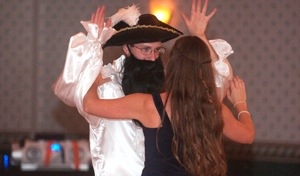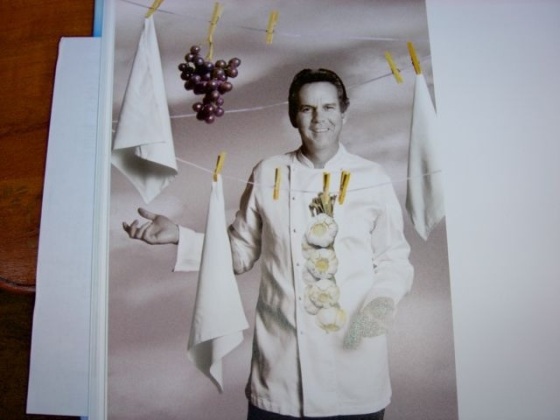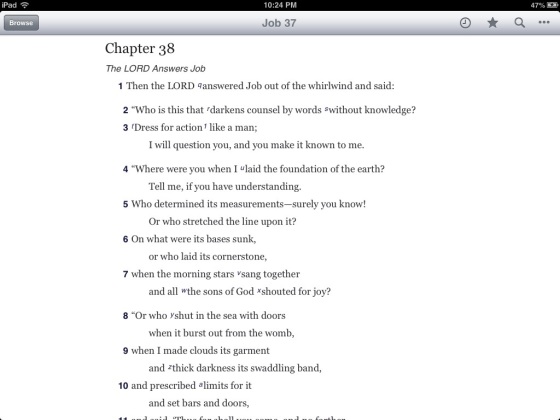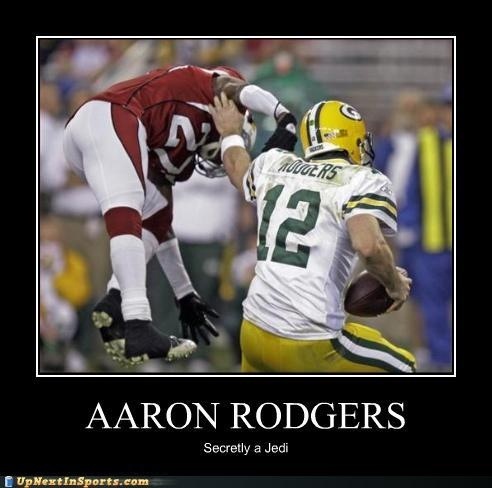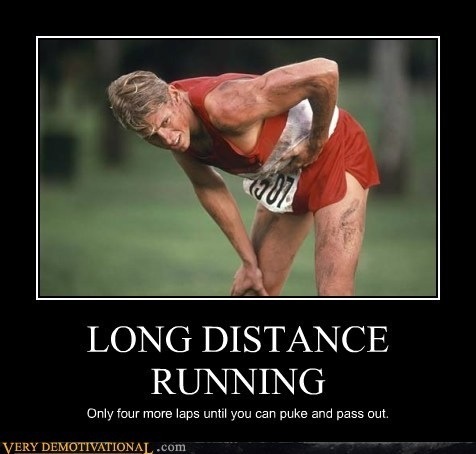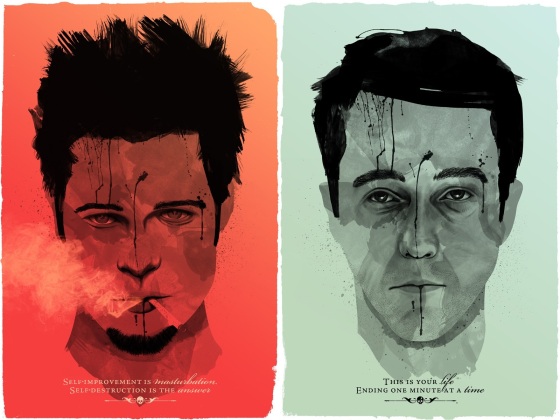“Distinctions drawn by the mind are not necessarily equivalent to distinctions in reality.”
–Thomas Aquinas
I have always been a stickler for precise terminology. (I took the Strengths Finder assessment last night and “stickler” wasn’t a possibility. If it had been, it’s safe to say that would have been at least three of my top five.) Being able to make subtle distinctions can be an important tool for arriving at new insights. Just ask Isaac Newton …or Todd Akin.
One such distinction I have been forced to make recently has been between people I describe as my friends — of whom there are only few — and those I enjoy and get along with but haven’t laid claim to that status. People invariably feel slighted by that distinction, but I am not alone in making it. CS Lewis, in describing the difference between companions and friends, said,
Companionship … is often called Friendship, and many people when they speak of their “friends” mean only their companions. But it is not Friendship in the sense I give to the word. By saying this I do not at all intend to disparage the merely Clubbable relation. We do not disparage silver by distinguishing it from gold.
With that in mind, here are the ways I segment and section “friends.”
Weak ties I don’t like the word “acquaintances,” but this is basically what is meant by the expression. You know that guy who’s your Facebook friend but, to quote Shawn Spencer, you would actively avoid on the street? That is a weak tie. In his excellent essay, Why the Revolution Will Not be Tweeted, Malcolm Gladwell explains, “The platforms of social media are built around weak ties…. (They are)a tool for efficiently managing your acquaintances, for keeping up with the people you would not otherwise be able to stay in touch with.” In short, a weak tie is someone you know — and may even like — but do not actively try to involve in your life with any sort of regularity.
Companions These are the people with whom you share common interests and values and make an effort to incorporate into your life. CS Lewis described companionship as the matrix of friendship, that thing which is distinct from friendship but necessary for it to exist. Most of your voluntary interactions are with people in this category. You can have deep affection for some people, share secrets with them, trust them and serve them. And yet they will never spring readily to mind when someone says, “Hey, what five people do you most want to spend your birthday with?” Does that give you an intuitive understanding of this distinction?
Now, think of the right half of a Bell curve. Oh, you don’t want to? Let me just show you, then:
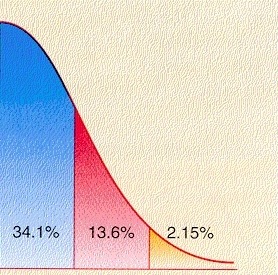
If the blue represents weak ties, the red companions, then the orange is for friends. (Ignore the percentages.)
Friends Friendship is rightly described by Lewis as its own unique, wholly unnatural, form of love. Whereas the other loves have some merit or survival value on their own, friendship does not. Some argue that friendship is just a transformation of another form of love. Lewis has a ready reply: “Those who cannot conceive Friendship as a substantive love but only as a disguise or elaboration of Eros betray the fact that they have never had a Friend.”
A lot can be said on the distinction between companions and friends, but I don’t want to belabor the point or introduce some crude measure. My goal was to make a distinction. But if my hand was forced, I would say it is companionship combined with an overlap, the unspoken agreement that I understand you and you understand me in a way that most everyone else does not and cannot. Most of my friendships have had a singular moment where the transformation from mere companions to friends was made. I would encourage you to think on yours and see if you can identify similar moments. Were they awakenings of that form, or something else entirely?
(Note: I call this a prerequisite because a lot of the things I plan to touch on — dating, whether men and women can really be friends — rely on these distinctions.)
